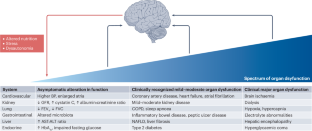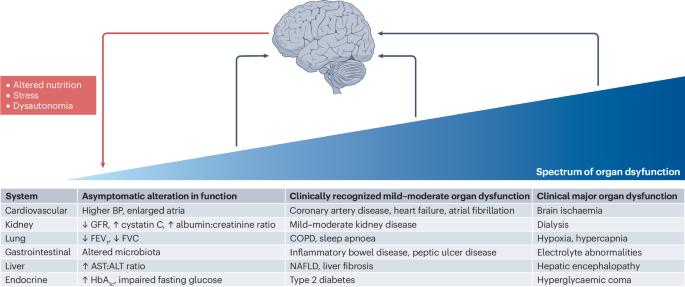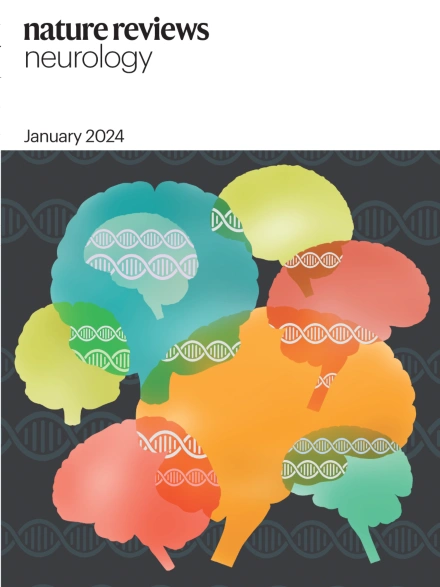Systemic determinants of brain health in ageing
IF 28.2
1区 医学
Q1 CLINICAL NEUROLOGY
引用次数: 0
Abstract
Preservation of brain health is a worldwide priority. The traditional view is that the major threats to the ageing brain lie within the brain itself. Consequently, therapeutic approaches have focused on protecting the brain from these presumably intrinsic pathogenic processes. However, an increasing body of evidence has unveiled a previously under-recognized contribution of peripheral organs to brain dysfunction and damage. Thus, in addition to the well-known impact of diseases of the heart and endocrine glands on the brain, accumulating data suggest that dysfunction of other organs, such as gut, liver, kidney and lung, substantially affects the development and clinical manifestation of age-related brain pathologies. In this Review, a framework is provided to indicate how organ dysfunction can alter brain homeostasis and promote neurodegeneration, with a focus on dementia. We delineate the associations of subclinical dysfunction in specific organs with dementia risk and provide suggestions for public health promotion and clinical management. Peripheral organ dysfunction can have considerable effects on brain health, contributing to neurodegeneration and dementia. This Review explores how clinical and subclinical dysfunction of specific organ systems can impact brain health and discusses the implications for dementia prevention.


老龄化过程中大脑健康的系统性决定因素
保护大脑健康是全世界的当务之急。传统观点认为,大脑老化的主要威胁在于大脑本身。因此,治疗方法主要集中在保护大脑免受这些假定的内在致病过程的影响。然而,越来越多的证据表明,外周器官对大脑功能障碍和损伤的作用以前未得到充分认识。因此,除了众所周知的心脏和内分泌腺疾病对大脑的影响之外,越来越多的数据表明,其他器官(如肠道、肝脏、肾脏和肺脏)的功能障碍也会对与年龄相关的大脑病变的发展和临床表现产生重大影响。本综述提供了一个框架,说明器官功能障碍如何改变大脑稳态并促进神经变性,重点关注痴呆症。我们描述了特定器官亚临床功能障碍与痴呆症风险之间的关联,并为公共健康促进和临床管理提供了建议。
本文章由计算机程序翻译,如有差异,请以英文原文为准。
求助全文
约1分钟内获得全文
求助全文
来源期刊

Nature Reviews Neurology
医学-临床神经学
CiteScore
29.90
自引率
0.80%
发文量
138
审稿时长
6-12 weeks
期刊介绍:
Nature Reviews Neurology aims to be the premier source of reviews and commentaries for the scientific and clinical communities we serve. We want to provide an unparalleled service to authors, referees, and readers, and we work hard to maximize the usefulness and impact of each article. The journal publishes Research Highlights, Comments, News & Views, Reviews, Consensus Statements, and Perspectives relevant to researchers and clinicians working in the field of neurology. Our broad scope ensures that the work we publish reaches the widest possible audience. Our articles are authoritative, accessible, and enhanced with clearly understandable figures, tables, and other display items. This page gives more detail about the aims and scope of the journal.
 求助内容:
求助内容: 应助结果提醒方式:
应助结果提醒方式:


